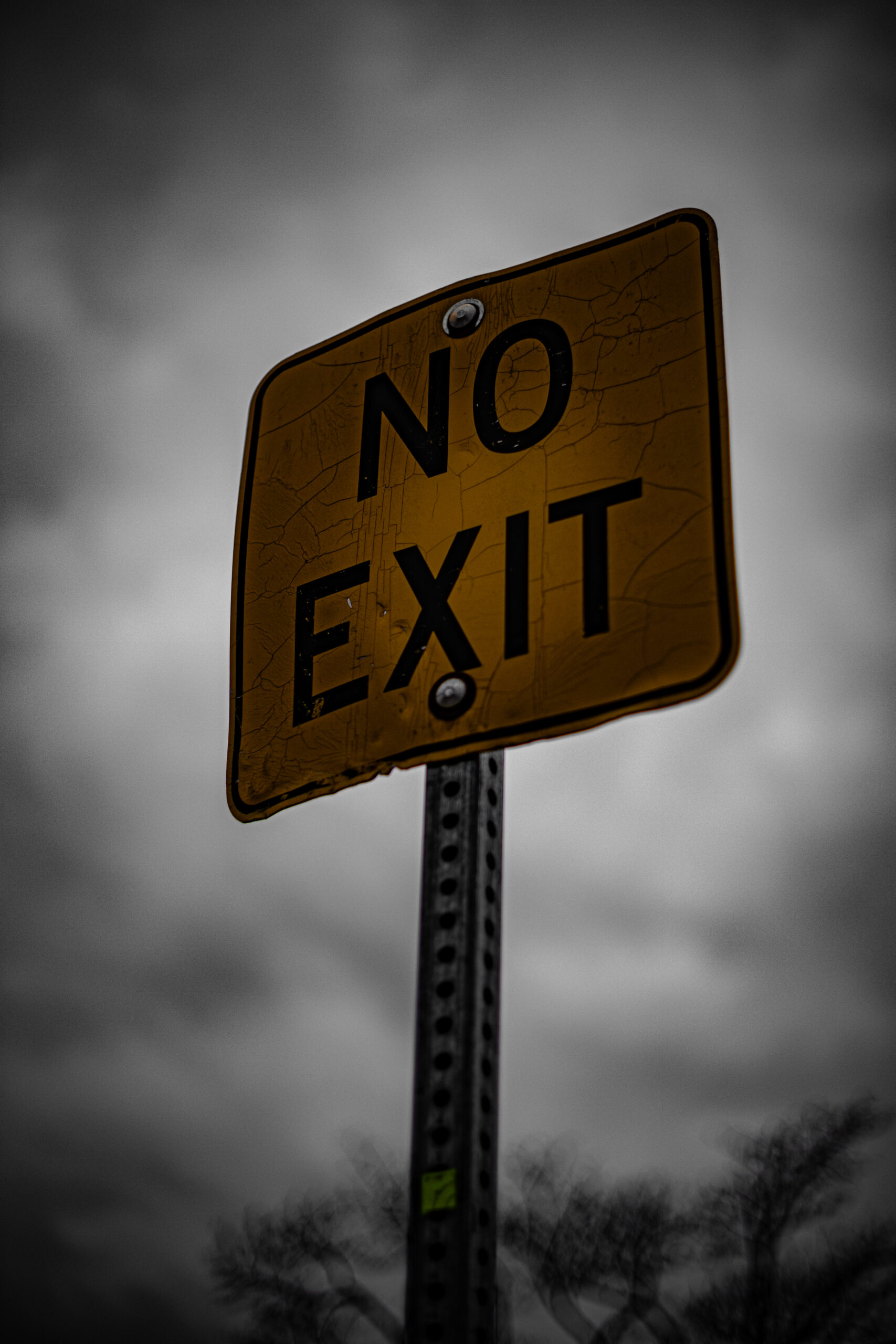908 words
Even though we were then separated by a six-hour time difference, we somehow found a way to share a drink. My friend, with their freshly brewed coffee in hand, as their day started at 4 AM, and I, with a freshly opened bottle of Chianti at 10 PM, as I started bringing the day to a close. Immediately, one may think that this would leave my friend at a disadvantage, for she was starting her day, and I was ending mine. My head being filled with affirmations, conclusions and findings, all ready to be filed away, while hers was starting to open for business.

Distant timezones are never true obstacles for strong friendships.
The opening volley of conversation over our video chat started with her navigating her day around having to meet “old friends” and dealing with the fallout that comes with those interactions. Those who have known us the longest often feel at liberty to take advantage of this and to generate discomfort which would not be accepted elsewhere.
“The last time we met,” she said as we both were halfway through our respective glasses, “I felt trapped. I felt my legs lock into place and my warped pelvic floor turn into cement.” Her old friend from high school had used their meeting in a park, which was supposed to be a nice walk but instead turned into an immobile hellscape for my friend as she stayed seated on an uneven wooden bench.
“I felt the same way just six hours ago as I and another were being held hostage by a friend who used us as a dishonest substitute for a mental health practitioner.”
“I know, right? It is as if these people feel that the longer they know someone, the less their own personal peace and struggles matter,” she said as I nodded in agreement.
Her friend instantly catapulted into an anxiety-filled monologue lasting about an hour, which covered concerns that we all shared but managed and kept to ourselves. My friend contorted and controlled every conversation with severe amplitude and intemperate hand gestures that subdued his audience as we listened to him recite the news that we all had read.
As our conversation grew into friendships we once held, we noticed a common thread. Those who remained unmarried started taking the specific role of a support worker for those who were legally bound to another human. This holds true if you are single and successful. Many who are married with children will hold the lack of marital status as the reason why you are doing better than them. In reality, this just speaks to how they blame those in their household and view them as burdens in the most private recesses of their minds.

Though we all can be entrapped in bad company, some are more vulnerable to this than others.
There are the notions of either not being left behind on our part and the innate impression masquerading as fact leads to us not dealing with as much in our lives and contributing less to society on theirs. But does this warrant the very lopsided power dynamic of the friendships we outlined? Where we sit quietly and get bombarded by worries, concerns, and anxieties and expect to offer a helping hand while never asking for the same in return? Of course, it does not, and this was highlighted by two good friends whom I visited in the next few days.
The following Sunday night, my time, and Monday morning, hers, we went over those whom we welcomed, and we, in turn, felt welcomed by unconditionally. We never felt trapped; more importantly, the question “how are you?” was never superficially asked. As someone who times everything, I once averaged an example of a bad “old friend” as taking up to 90 minutes to return the favour to ask me how I was, and another about 40 minutes over a year of separate interactions.
We never left these meetings and viewed our departed company as people who weaponized their anxieties to bring everyone down to their level. We all took a genuine interest in how we were doing, and the state of the world and the universal anxieties it brings to us all were accepted but not glossed over. Good friends, old or new, recognize that anxiety is a contagion. If not controlled, it behaves like global warming, where stores of carbon dioxide are released into the atmosphere through unnecessary deforestation. To spell it out for you, the CO2 in this social setting is anxiety, uncertainty, depression and a feeling of foreboding that follows you for days, if not years, after meeting these individuals.
So what is there for us to do? For this, my friend and I deployed the same tactic many times over the years. We simply gave into the discomfort of possible conflict and walked away. Sometimes, we ghosted these individuals, but more often than not, we told the friend to no longer contact us. Now, ghosting rightfully gets a bad rap, but when dealing with an abusive relationship that uses the potential of conflict as a weapon to keep you involved, leaving without saying anything is your right.
It is our right to protect our peace and our own quality of life. Walking away from those who continually degrade these aspects of your existence should never be a source of shame. This is especially true if they are worse off without you. The next time you feel trapped and that all exits have been blocked, get up, walk away, and never look back. Life is too short for bad company.